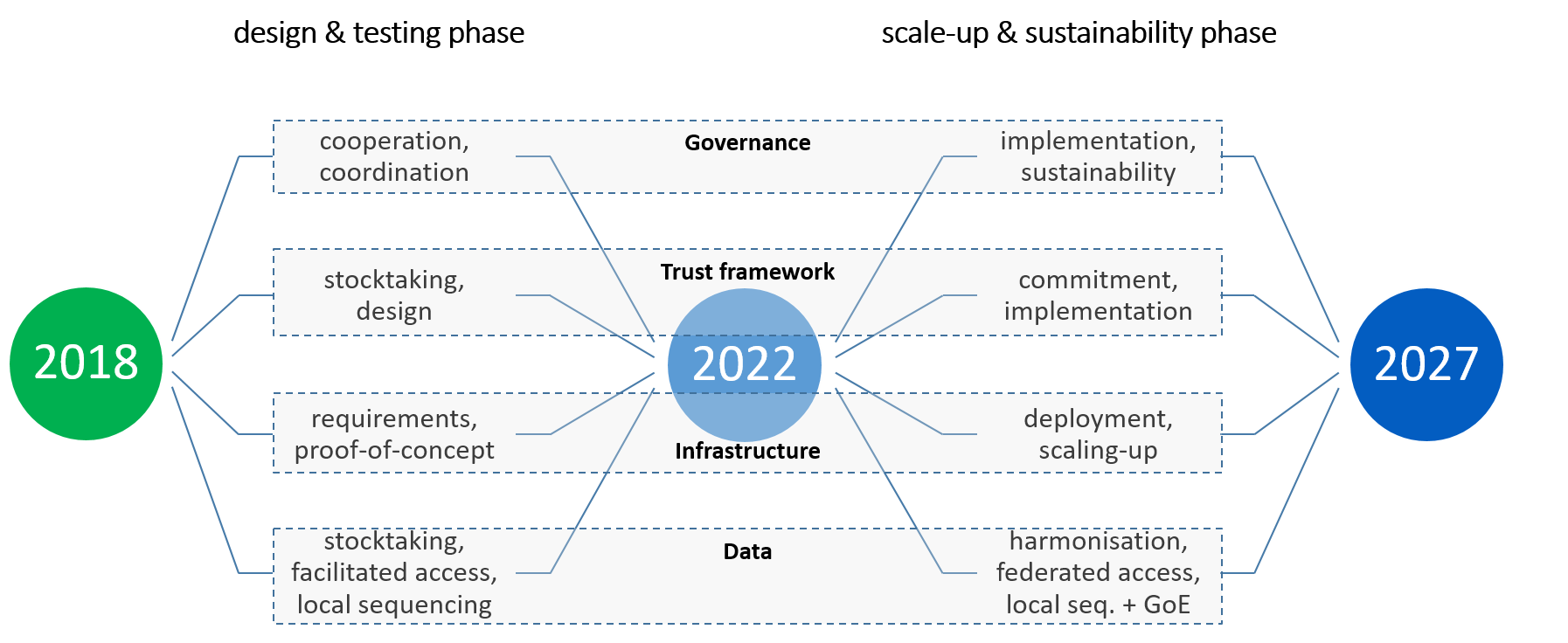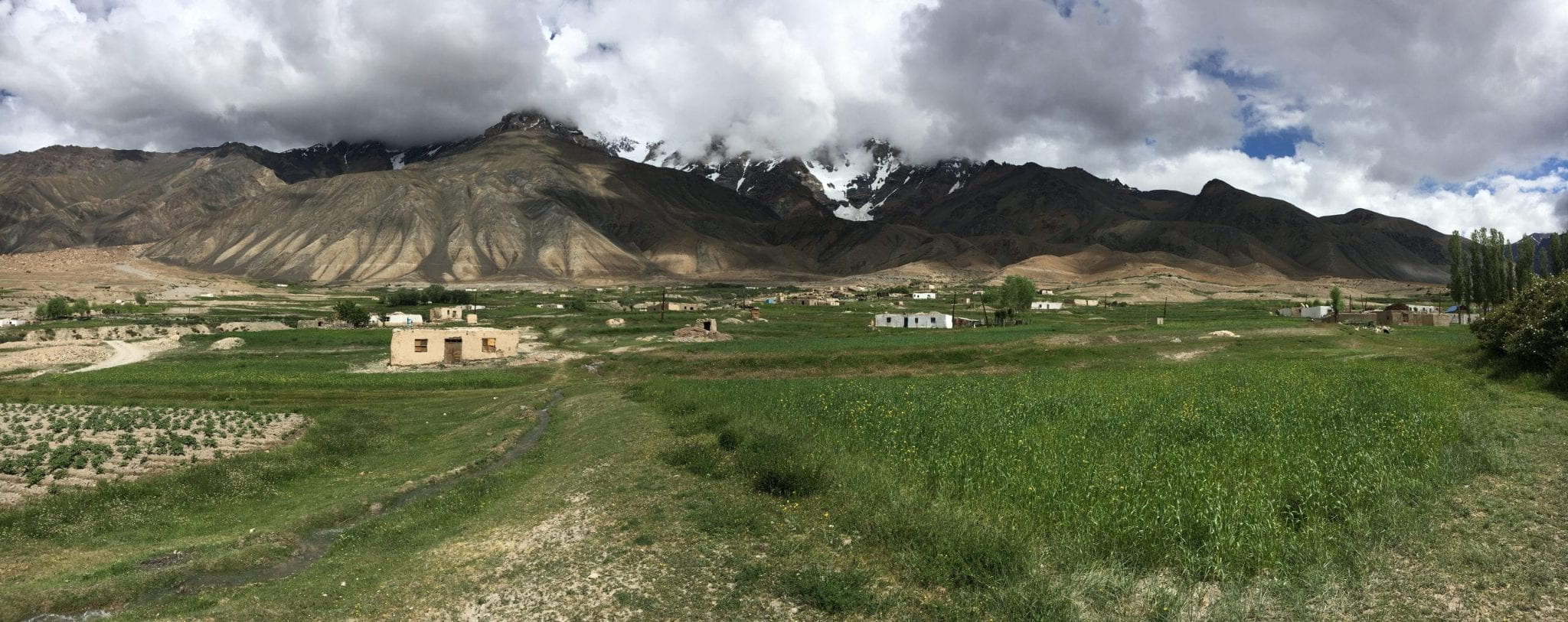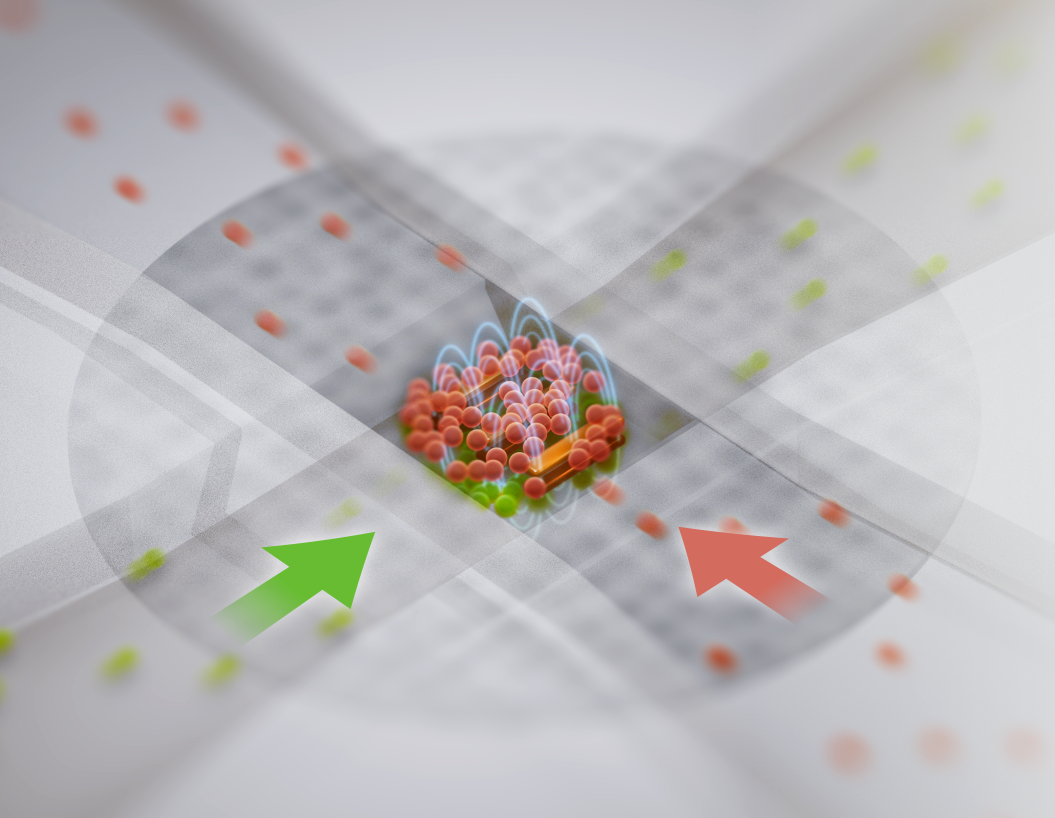The world's fight against COVID-19 is at a crucial tipping point, with many cities around the world forced to lock down, in addition to the lack of a clear vision on the containment timeframe or when the pandemic will end. Not to mention that containment efforts involve many challenges, including early detection, virus tracking, and access to the required tools and resources to alleviate the pandemic's effects.
Given the scarcity of medical resources, the absence of economic safety nets, and low income, developing countries are facing a far worse situation compared to others amidst this pandemic. This is where technology steps in to provide these struggling countries with innovative solutions to fight this virus more effectively. In order to fully harness the power of technology, the United Nations Development Programme (UNDP) has partnered with Hackster.io, the largest open-source technology hardware community. Under this partnership, the COVID-19 Detect and Protect Challenge will be launched. Its primary goal is strengthening global cooperation between Hackster, UNDP, and Avnet Technology partners to offer innovative solutions and effective technologies that can save the hardest hit by the pandemic.
The new design challenge is a call to action for all hardware and software developers, product designers, scientists, hackers, makers, innovators, and inventors to come up with innovative ideas to cost-efficiently support COVID-19 response efforts in developing countries that are unable to develop such solutions to fight COVID-19.
The challenge was designed to create digital or physical products to implement three priority actions: design replicable, low-cost tools to aid in COVID-19 detection, flatten the curve with preventive solutions, and reduce the disease's impact on economies of these vulnerable areas.
The first action, labeled "Detect," involves any tool that supports the diagnosis of the coronavirus and future outbreaks. This action includes a wide range of products, such as computer vision thermometers, smart oximeters, cloud-based heatmaps and apps, data science-backed insight, open-source hardware, or advanced computational models. The second action consists of prevention products, such as hardware or software that can slow down the spread of the disease. This action includes products like 3D-printable protective equipment, easy-to-assemble hand sanitizing dispensers, public alerts, mass broadcasting tools, contamination monitoring tools, and rapid face mask production with advanced or everyday materials.
There will be prizes and recognition awarded to the top ten solutions, in addition to the necessary support to accelerate the winners’ time to market by offering business consultation and access to engineering, design, and manufacturing resources. Twelve major tech companies will join UNDP and Hackster.io in their challenge to provide sponsorship, awards, the necessary equipment, and design services for supporting the ten winners. Microsoft, Google, and NVIDIA are three prominent examples.
Resources: 1 2






